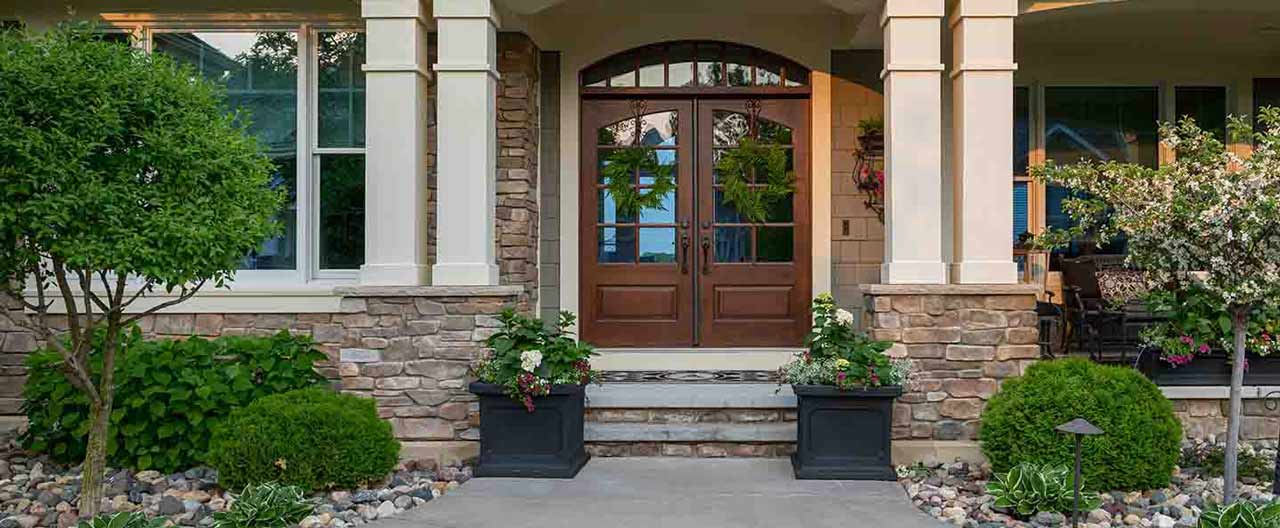As a homeowner, the odds of you experiencing water damage in your home are greater than facing a fire, theft, and liability loss combined – unless you take action to prevent it now.
Regardless of the size or age of your home, or whether or not it is occupied, one of the best things you can do to reduce and prevent water damage is to install a flow-based water-leak detection device. To help you choose the right one for your home, consider these quick tips:
1. Choose a flow-based leak detection device if you’re a homeowner.
While individual sensors that simply detect the presence of water are acceptable if you own a separate condominium unit, or if you wish to protect a commercial/industrial building, or live in a flood-prone area, they cannot test for micro leaks, monitor water usage, or detect burst pipes in walls or under foundations. Therefore, in a home, a flow-based leak detection device may be a better choice, with individual sensors used to supplement the leak detection capabilities. The flow-based devices shown below (see #5) provide enhanced protection, functionality, durability, reliability, accuracy, and great value for the cost.
2. Select a device that automatically shuts off the water when a pipe ruptures or in an unattended water anomaly.
These preferred flow-based devices not only detect trouble but also help mitigate the problem itself.
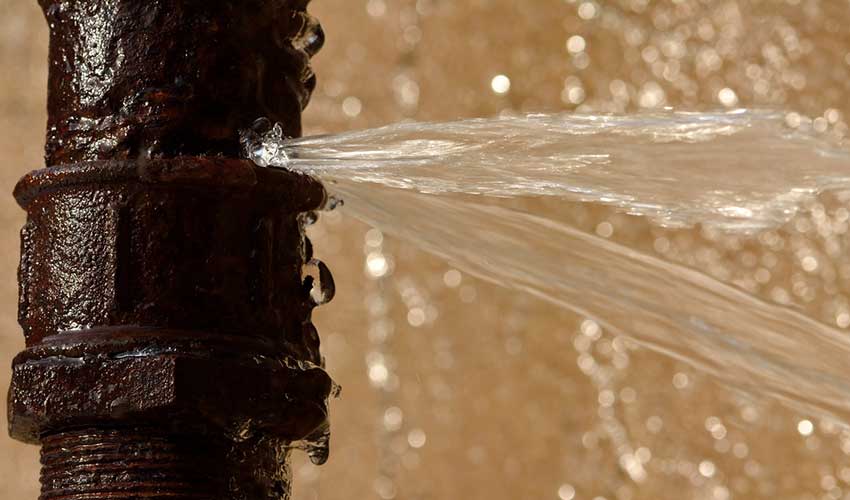
3. Hire a plumber to professionally install your flow-based leak detection device.
It should be installed on your domestic water main pipe near where it enters your house. These devices are not battery powered so you’ll need access to a power outlet; and ensure your Wi-Fi router’s signal is powerful enough to reach the device. Manufacturers on Chubb’s Preferred Service Provider Network can provide referrals to local plumbing companies who are trained on these products and can provide detailed installation instructions and support for locations outside of their network.
4. Consider using a best-in-class leak detection device, recommended by Chubb for homeowners.
These flow-based water leak detection devices have passed a variety of tests and criteria to become Chubb preferred options, the full list can be found at chubb.com/water.
5. Determine your water main pipe size to order the right product size.
If you don’t know the size of your main pipe, ask your licensed plumber, contractor, or the product vendor to assist you. If you want to try to determine it yourself, locate where your water pipe enters your house, and measure the nominal diameter of the pipe or read the size on a stamped fitting if available. The most common sizes are 3/4”, 1”, 1-1/4” and 1-1/2”.
6. Get the discount.
If you’re a Chubb personal lines client, the preferred vendors for the products listed above will offer you a discount on your purchase of applicable flow-detection devices – ask the vendors for details. Once the device is installed, you may also be eligible for a discount on the cost of your insurance from Chubb. Provide your agent with an installation certificate from the vendor or take a photo of the installed device along with the installation invoice.
7. Download the smartphone app.
Each of these vendors offers a smartphone app that allows you to do things like monitor the device remotely, receive alerts, and control your home’s water supply with a remote on/off switch.
Do it for your family!
Consider the hassle of moving your stuff out of your home, scheduling your life around contractors and claims adjusters, and getting your home back to where it was before water damage. That’s no one’s idea of a good time. Avoid all of it by following these tips and installing a water leak detection device now.
Insights and expertise


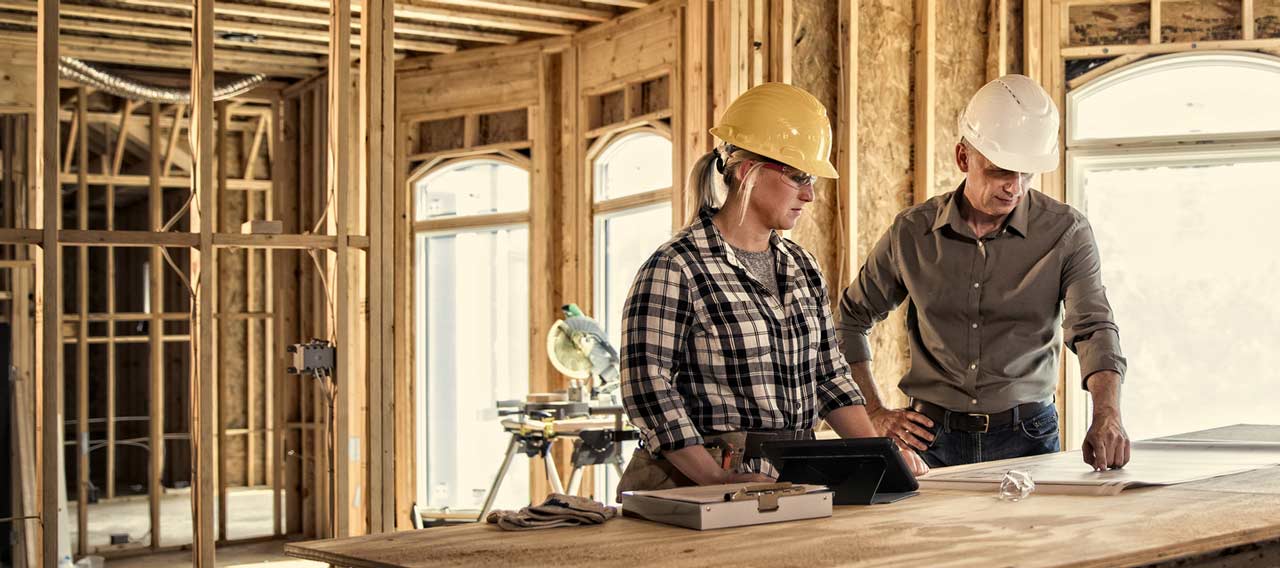
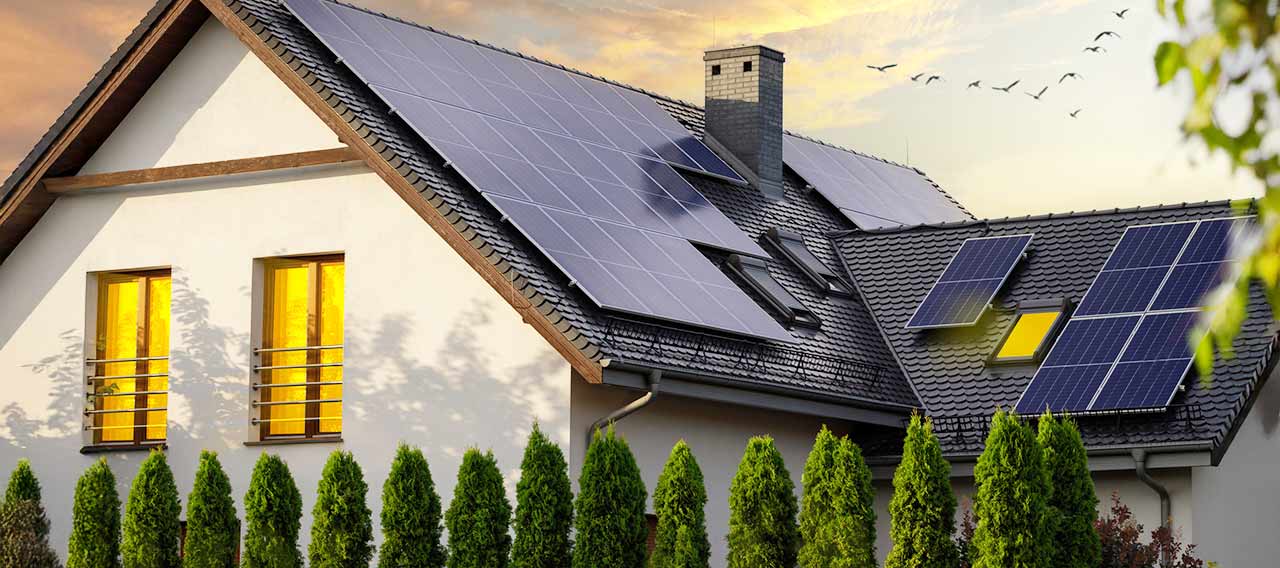
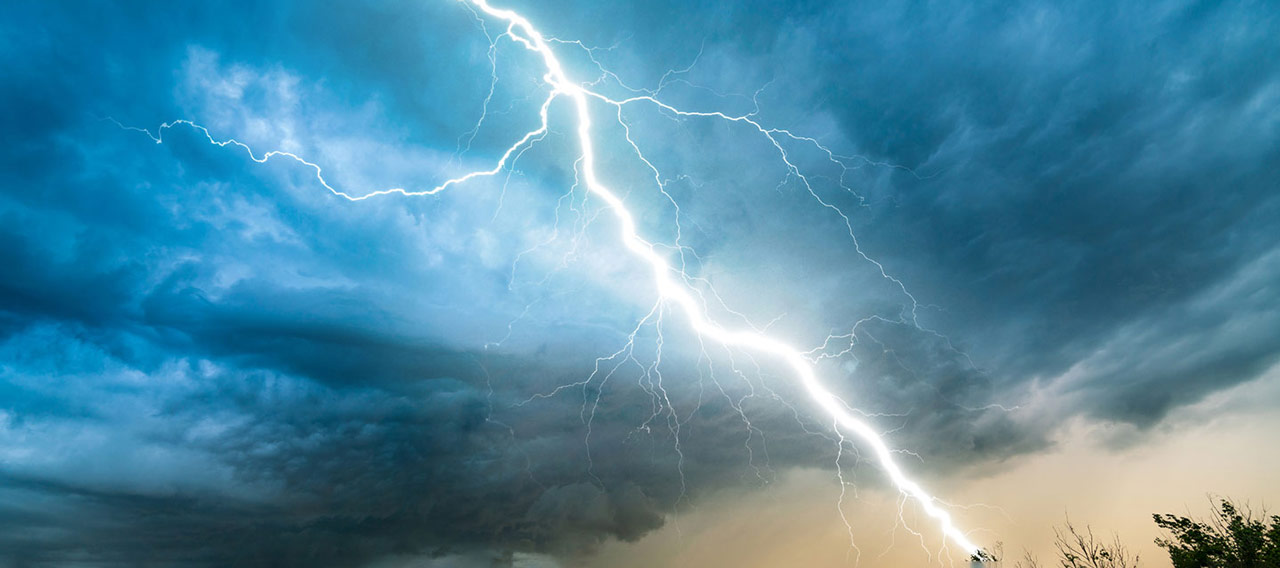

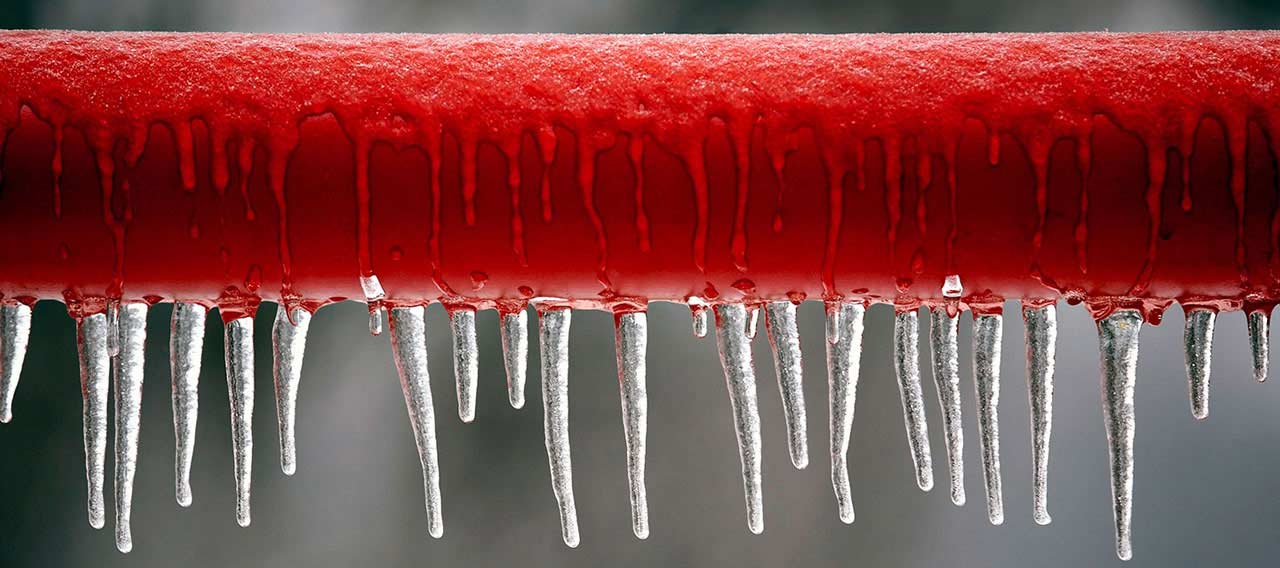
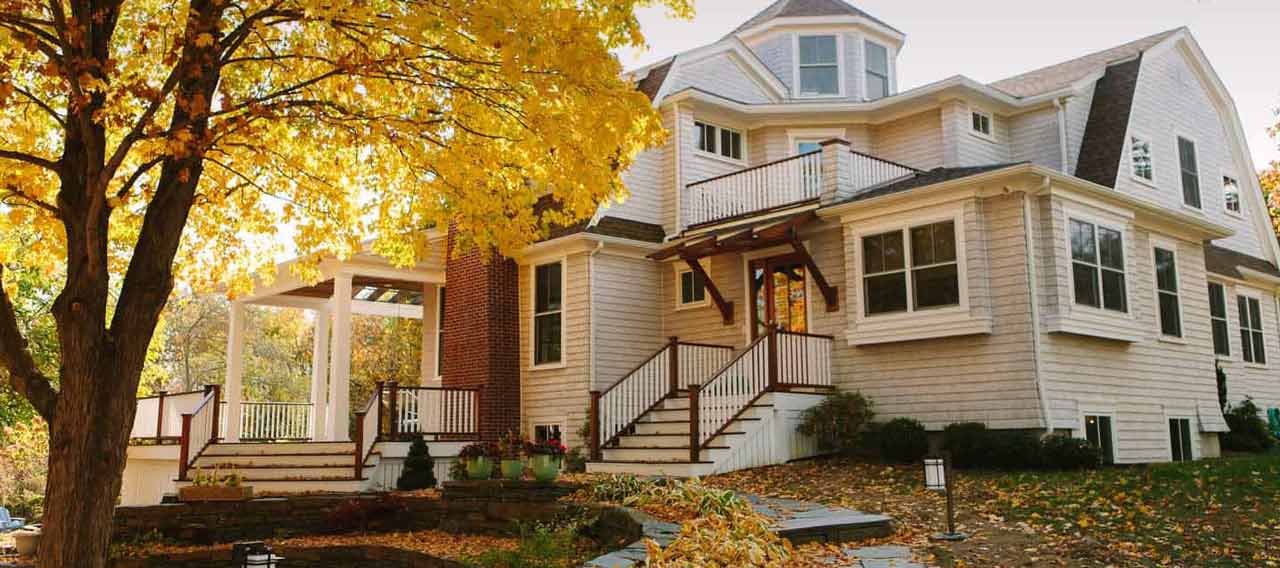
This document is advisory in nature and is offered as a resource to be used together with your professional insurance advisors in maintaining a loss prevention program. It is an overview only, and is not intended as a substitute for consultation with your insurance broker, or for legal, engineering or other professional advice.
Chubb is the marketing name used to refer to subsidiaries of Chubb Limited providing insurance and related services. For a list of these subsidiaries, please visit our website at www.chubb.com. Insurance provided by ACE American Insurance Company and its U.S. based Chubb underwriting company affiliates. All products may not be available in all states. This communication contains product summaries only. Coverage is subject to the language of the policies as actually issued. Surplus lines insurance sold only through licensed surplus lines producers. Chubb, 202 Hall's Mill Road, Whitehouse Station, NJ 08889-1600.










